Differentiation in Discipline: Behaviour and Connection
Challenging Behaviour: Differentiation in Discipline
Updated July 2023. This discussion on Differentiation in Discipline may be one of the more contentious blog posts, School discipline is a constant concern in the press and for teachers. I am the lead for behaviour, mental health and pastoral care in a UK special school for autism and children with communication and learning disabilities.
Part of my role is as a PBS (Positive Behaviour Support) instructor for a network for other special schools across the county.
I hold the view that we support our students best when we provide individualised behaviour support plans for our students, not ones based on anecdotes but based on clear and extensive knowledge of the child, where possible backed up with carefully collected behaviour data. This may be a simple ABC analysis looking at what situations trigger the behaviour, how children and adults respond to prevent behaviours from occurring or escalating.
This post outlines my thoughts on why differentiation in discipline and the approach we take to challenging behaviour is essential when supporting students who require additional support and targeted interventions and strategies. When a child displays challenging behaviour they will be breaking school rules, this does not mean detention or losing out on time to socialise during the school day is an appropriate response.
Discipline: Every child is different
Every child in every school is unique in terms of needs, their experiences and needs differ wildly. A culture and ethos of high expectations is required for all students in all areas of their education. However, the way we react to and manage incidents of challenging behaviour should take into account more than the fact they are in the same school.
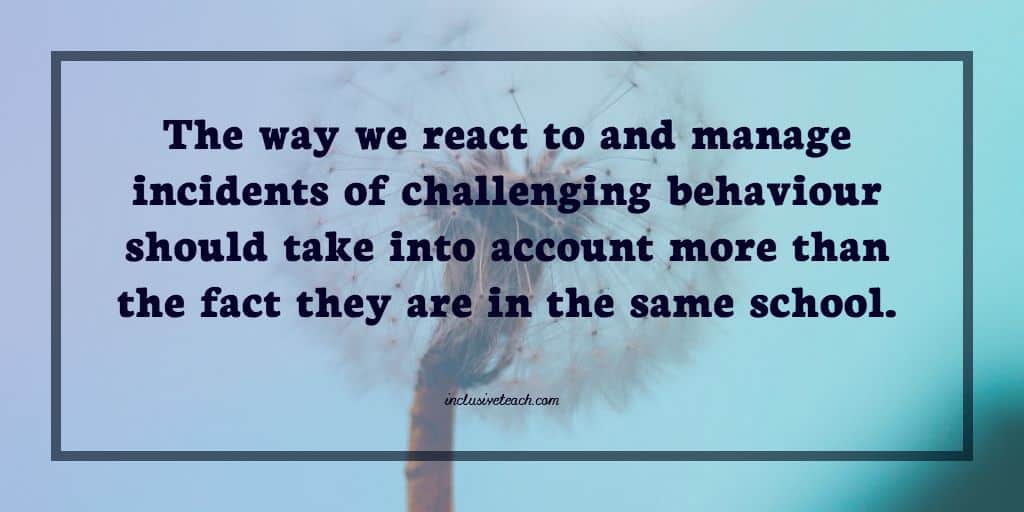
We would not expect all our students to learn the same, we differentiate our instruction, learning tasks and lessons so why should we not differentiate how we apply the schools behaviour policy? Why should we not vary how we respond to challenging behaviour taking a child’s needs into account? Differentiation in lessons is essential for a teacher, we would be taken to task if we didn’t do this. So what are the perceived barriers to adapting and being flexible the way we apply specific rules and consequences?
The influence of fear.
Fear: Fear of going against the school policy – even though the intended outcome will be better for the school, student, and family.
Fear of what colleagues who do not share your ethos will think?
Fear that your control of the class will evaporate?
I disagree with this notion. A positive atmosphere where young people feel listened to and supported, with both high expectations and clear boundaries will not descend into chaos.
Fairness: It is a common misconception when dealing with young people that fairness means “The Same”. It should not. It is our responsibility as teachers to ensure everyone has equal access to education. That may mean making adjustments for some young people that face issues we may not be aware of or even imagine the impact. I do not believe differentiated discipline is “one rule for them one for everyone else” It is adapting your approach for each individual to gain the best possible outcome.
That is young people who are able to make progress and feel safe in your school without disrupting the learning of others.
Fairness and Equity
I am not suggesting that one student gets harshly punished and another gets off scot-free. I am not a fan of punishment as a behaviour management technique anyway. What is the point of discipline and how can we differentiate this?
When we rely on rules rather than relationships when harm’s been done, we all lose.
Lorraine Amstutz
Instead of consequences should we not look at how to both make things right and seek to prevent a repeat of the behaviour? Are we seeking blame or seeing a learning opportunity? In my school many students have been excluded or have previous placements fail due to behaviour. Therefore they are at school to learn how to manage their own behaviour through skill acquisition, coping strategies and managing emotions.
This is as much of our mission as academic progress. If we excluded a young person we would be repeating a cycle of education failing that child.
We have failed and they have learnt nothing about how to manage their behaviour. This can then lead to a spiral that only too often has serious consequences for their quality of life, self-esteem and their potential future role in society.
I would rather my taxes are spent on education than prison. Exclusion and zero-tolerance policies are a quick fix but who has benefited? If we have flexibility in our approach we can intervene early on with more than just sanctions. We can explore the reasons for the behaviour. How can building an in depth knowledge of the student, their background, their challenges, their dreams and hopes ever be wasted time?
The point of disciplinary reform in the education system is not to deprive schools of strategies to “deal with” behaviour so much as to find the right tools – those that are most effective in promoting safe, orderly and healthy learning environments. Behaviour in schools will always be a challenge whatever policy the school adopts. We should strive to ensure we meet the needs of our students to give them the best chance of succeeding in learning.
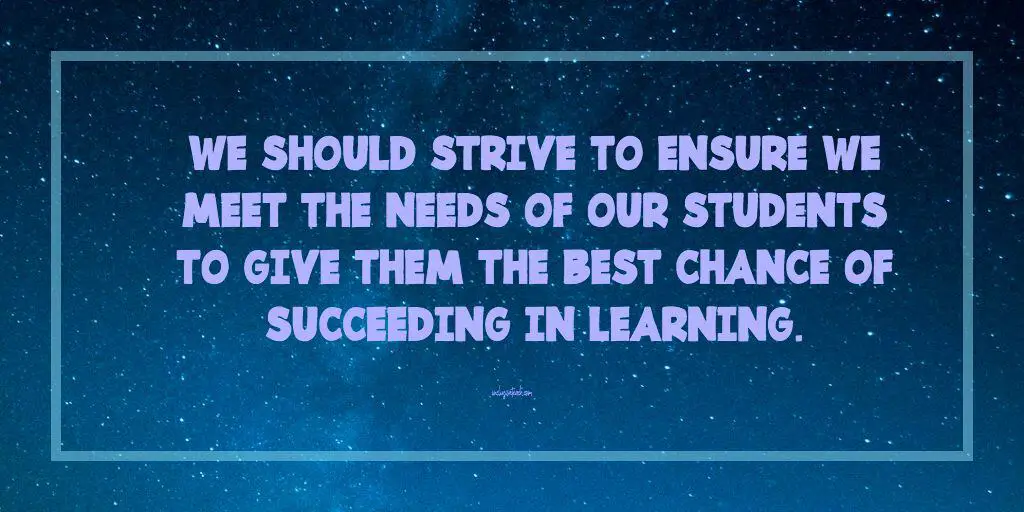
Differentiated discipline does not dwell on the incident it allows all involved to move forward through reflection and positivity. I want to work in a positive school where the needs of the child are met through planned responses to those who behave in a challenging way. A school that values the child’s place in the school community.
Intergrating PBIS and Restorative Discipline – Jeffrey Spraque PHD
Review of issues in school violence research and kids and violence: The invisible school experience. Journal of Developmental & Behavioral Pediatrics, 27, 509. Hoffman, M. T. (2006).
Additional Reading:
Here are some blogs that discuss the issue
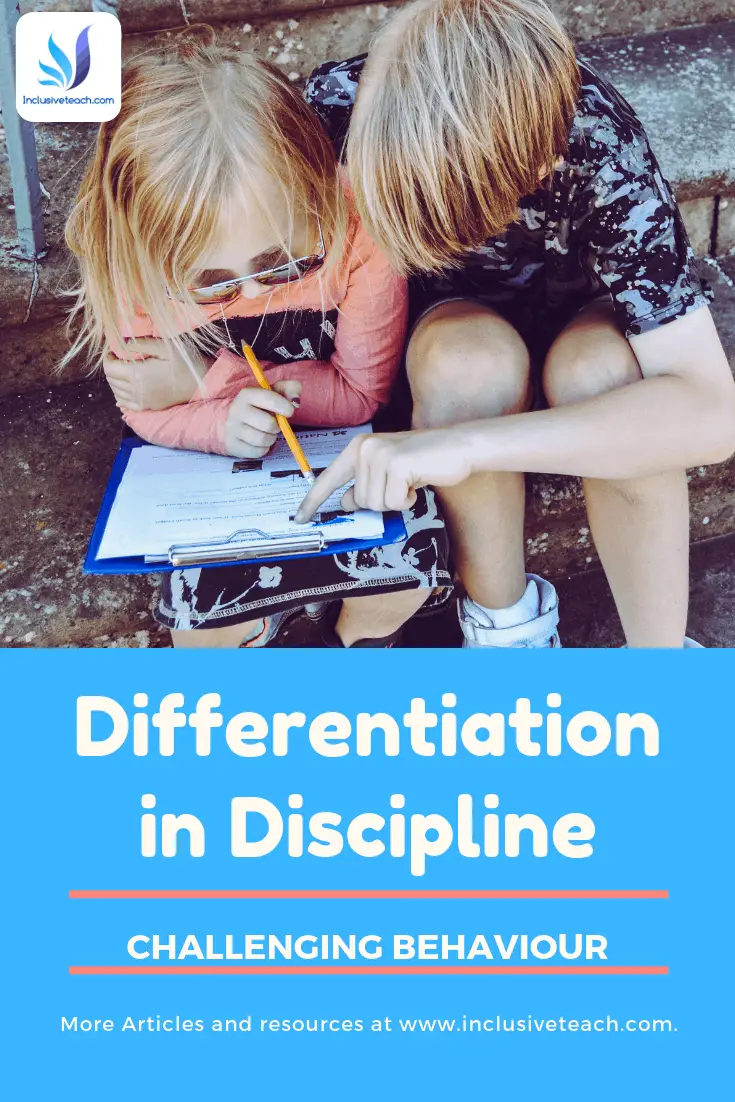

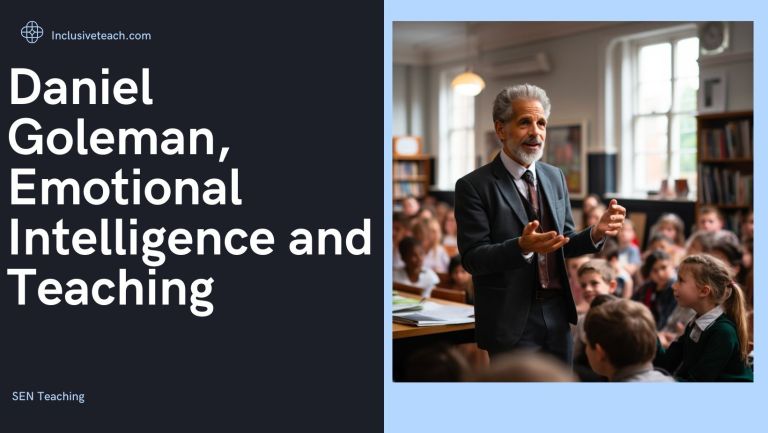

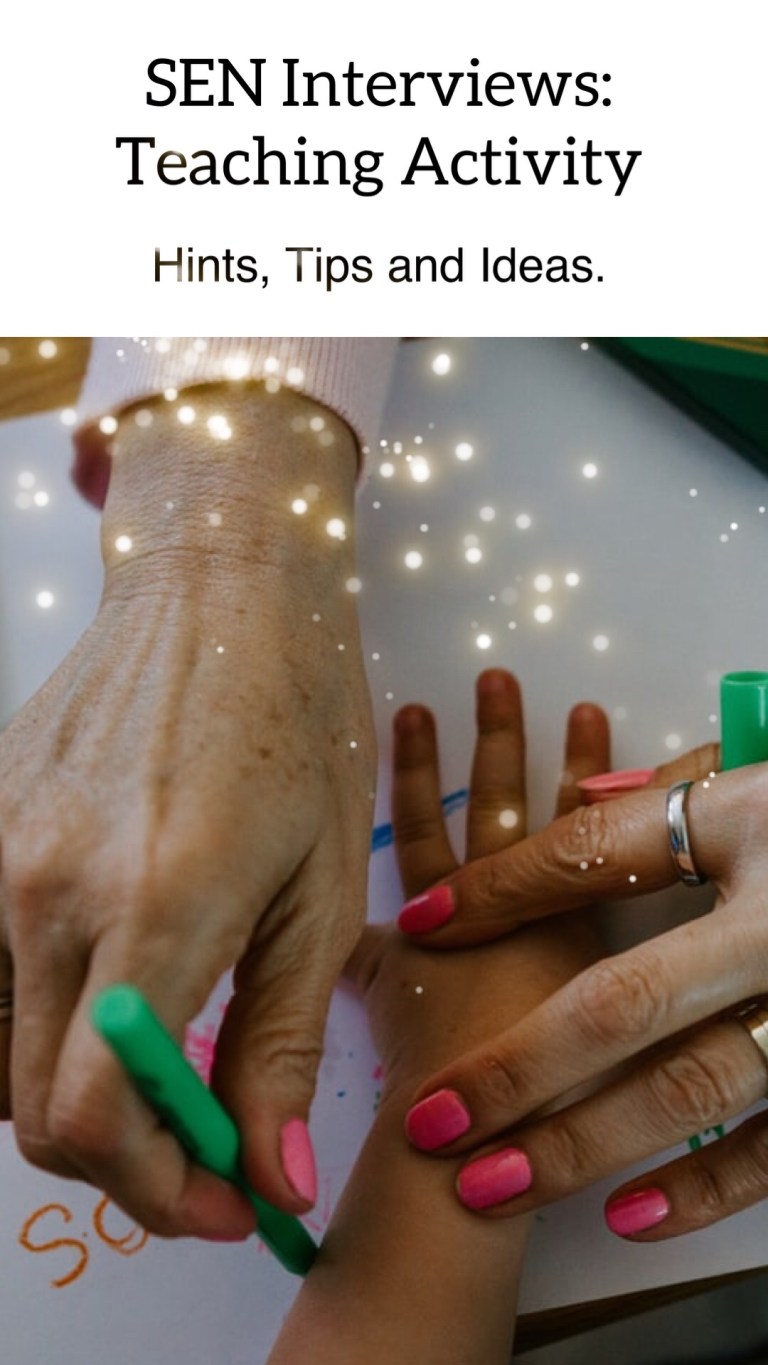
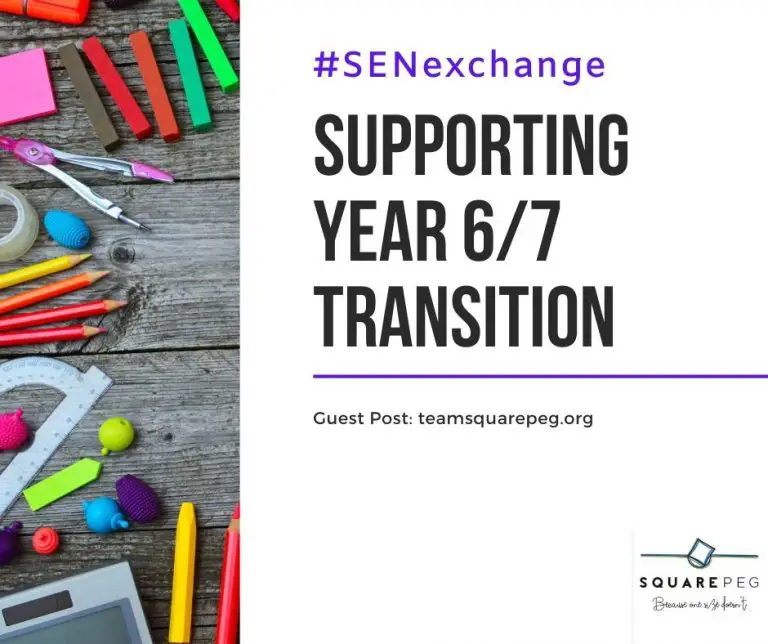
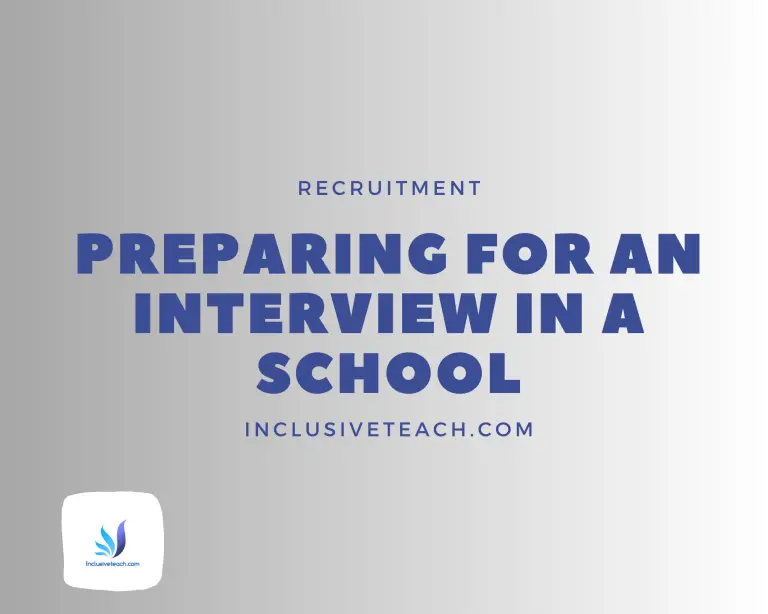
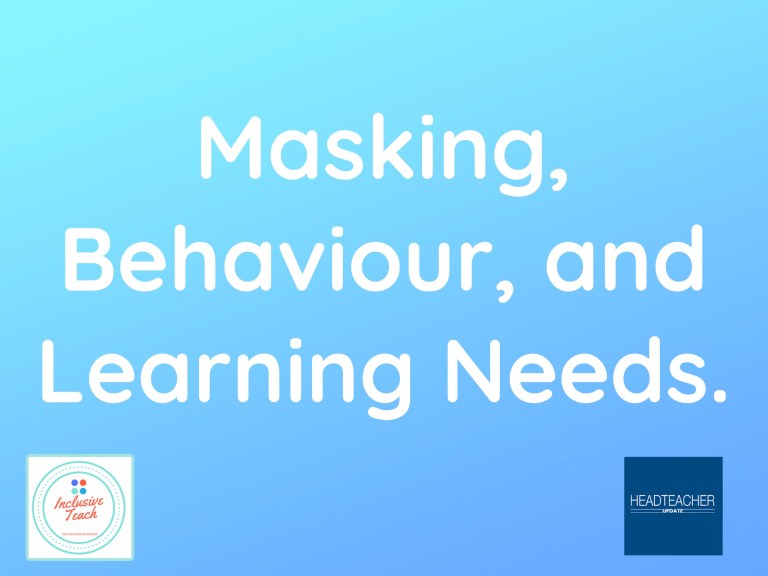
Best blog yet. Well done.
It’s based on yours!
Not controversial. Utterly sensible. Chimes with this,
I think?: https://lenabellina.wordpress.com/2016/01/24/when-is-a-consequence-not-a-consequence-abcs-and-more/
very much so!
I agree. Fully. I think every child should have one staff member that they can talk to free of judgement, like the mentor system. They won’t feel cornered. They usually find middle ground after the calm chat and can move forward. This will always alter with individual need.
Very true. The opportunity for the calm chat (even following incident) can be very valuable